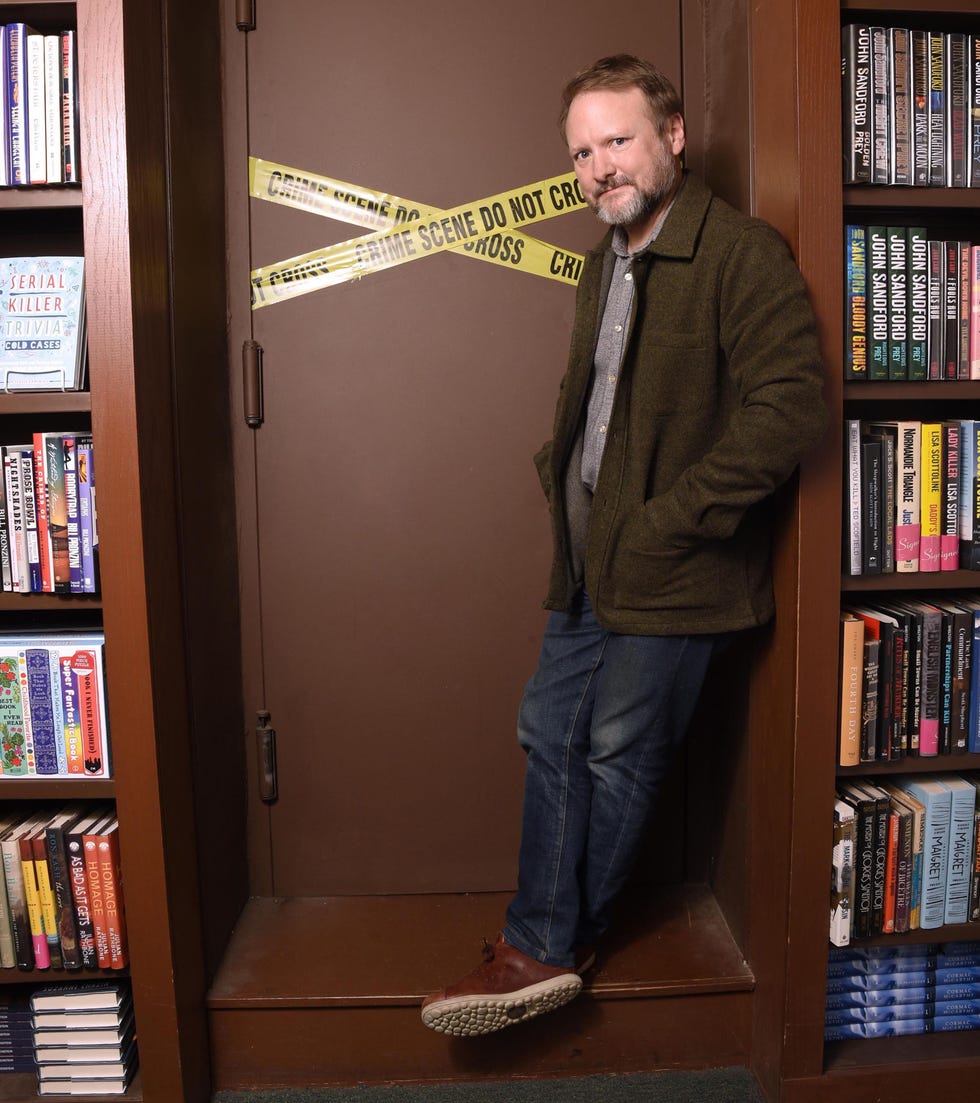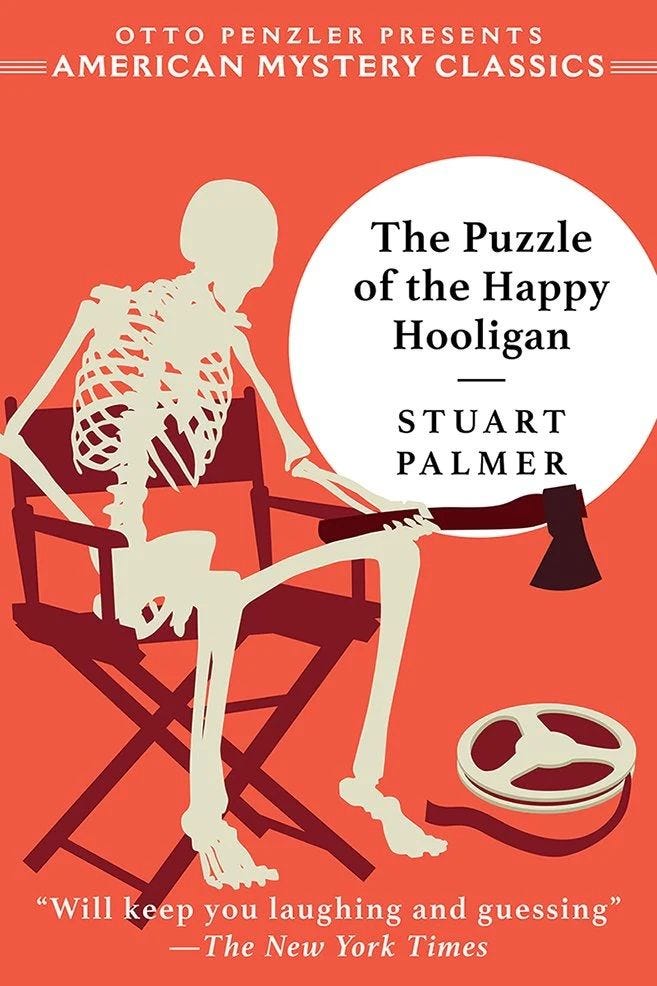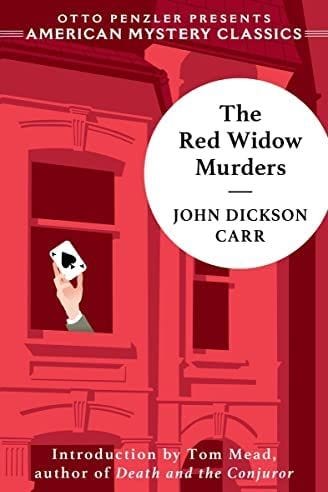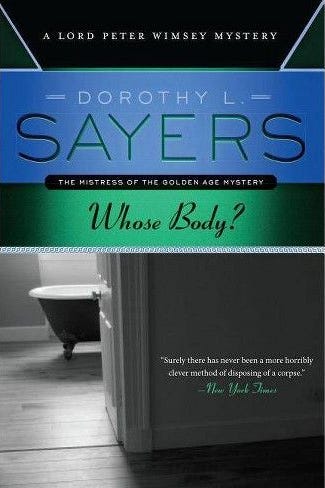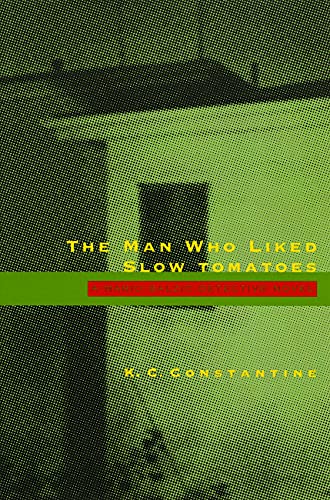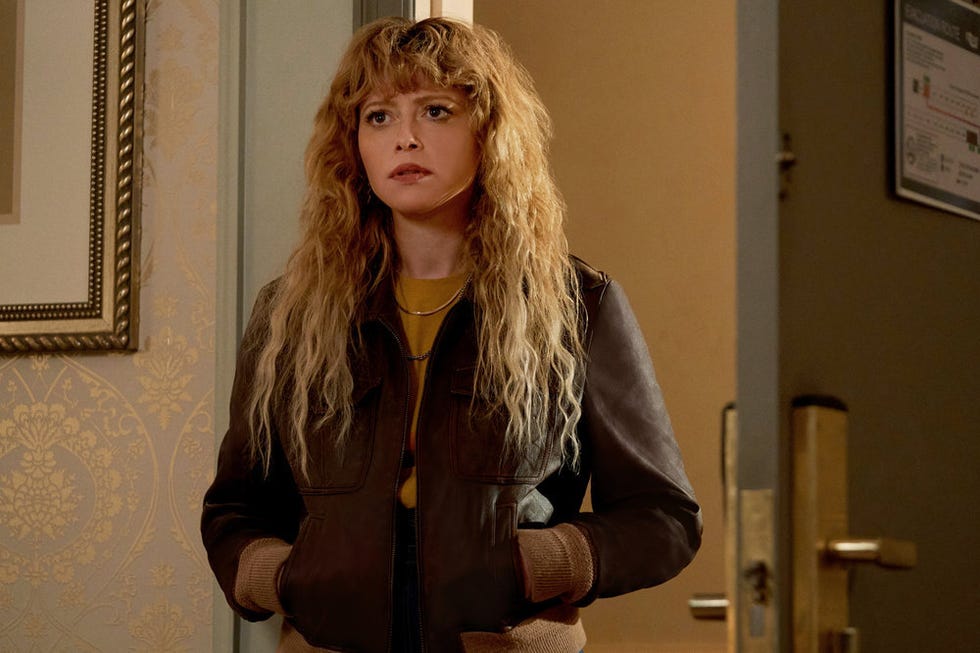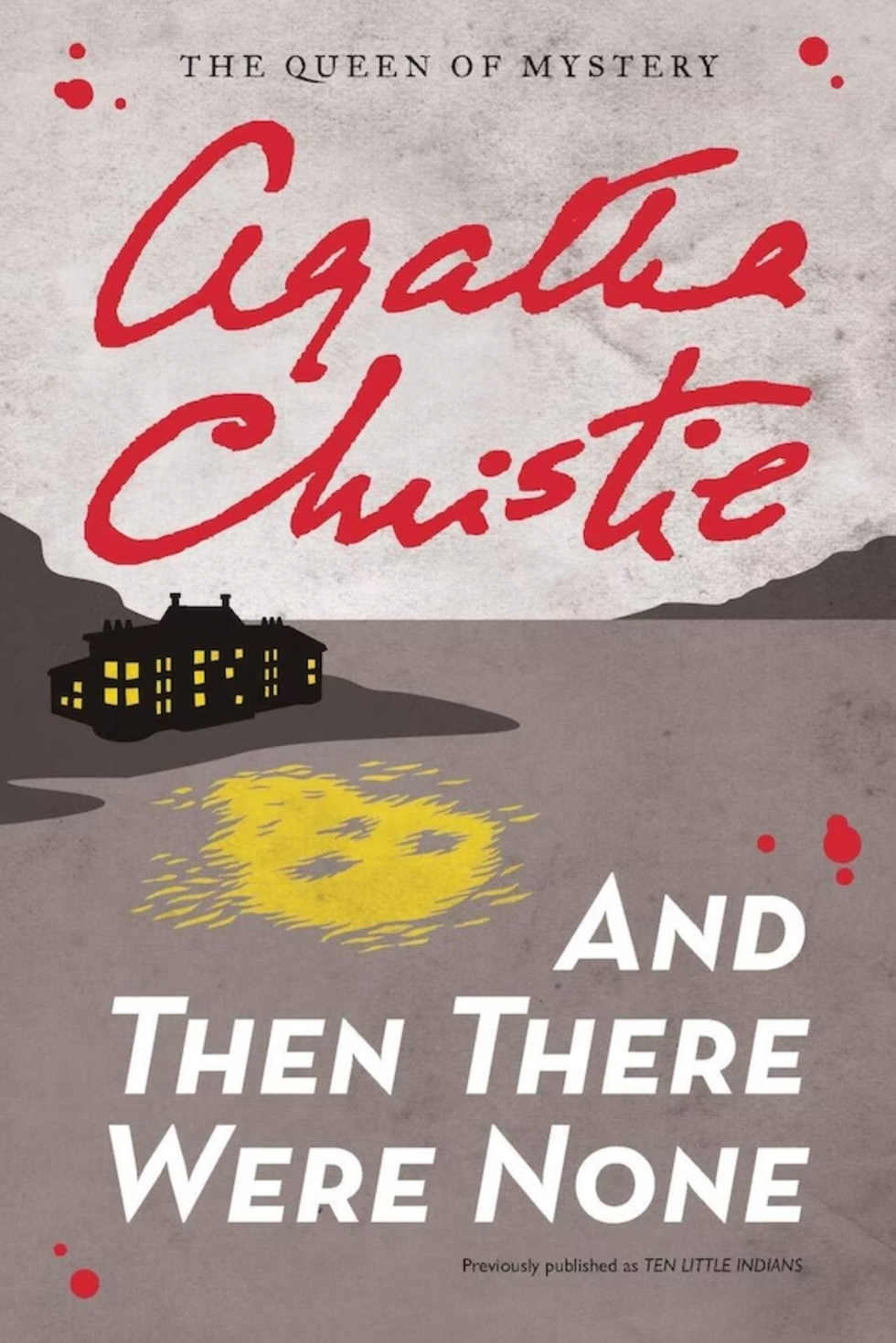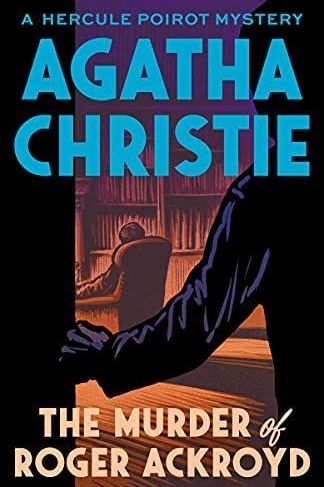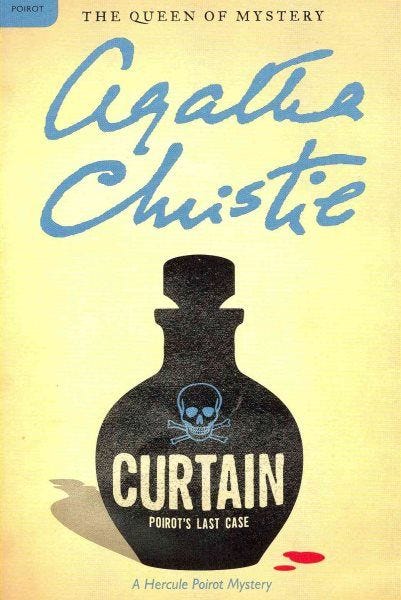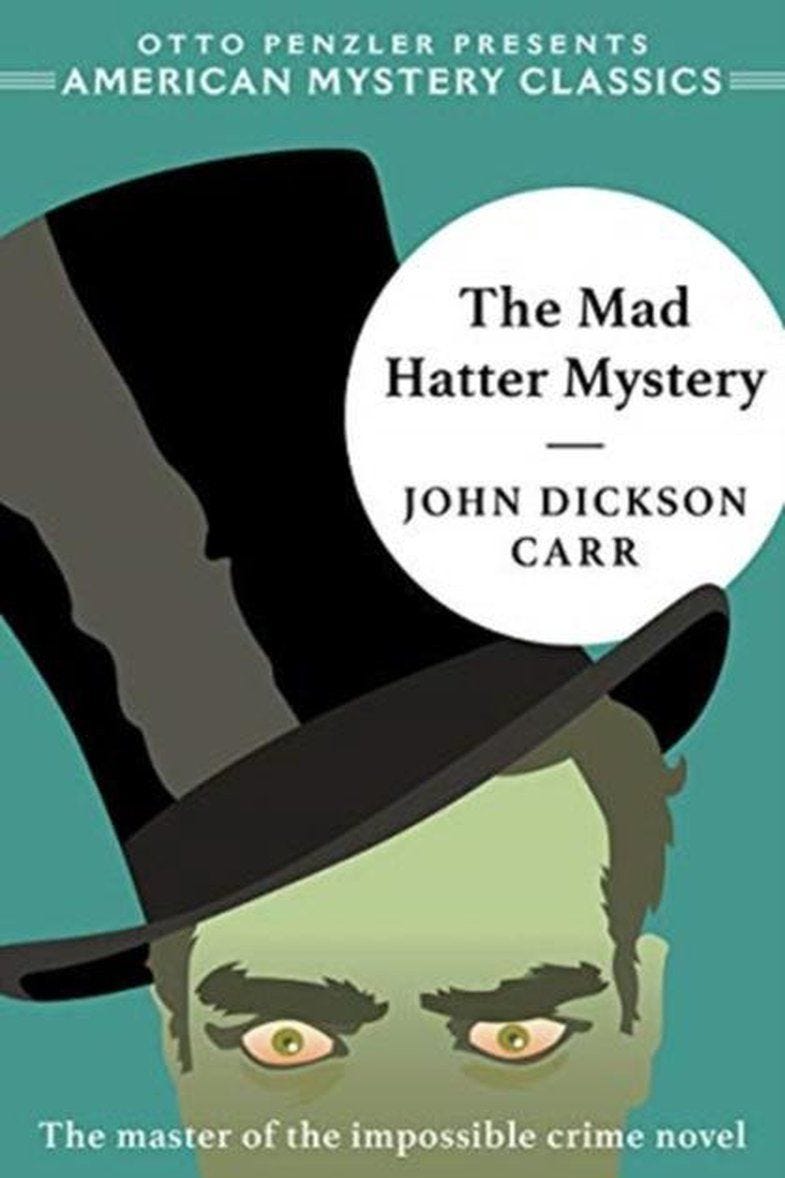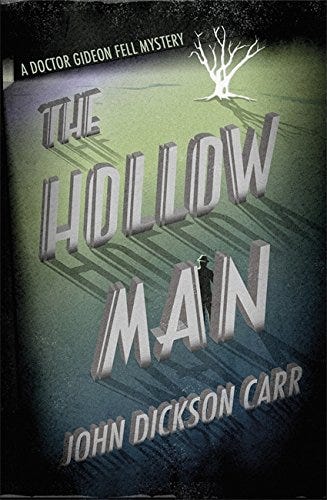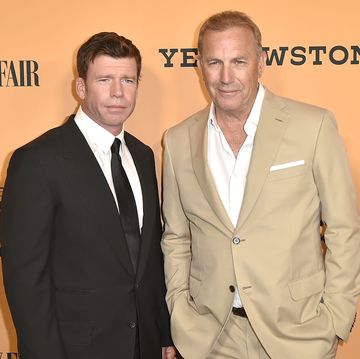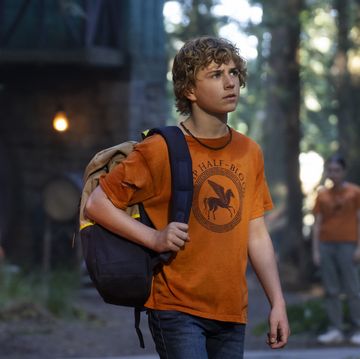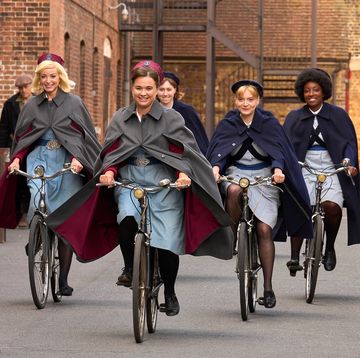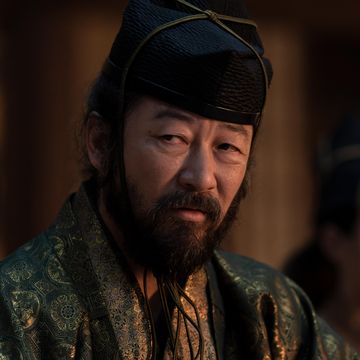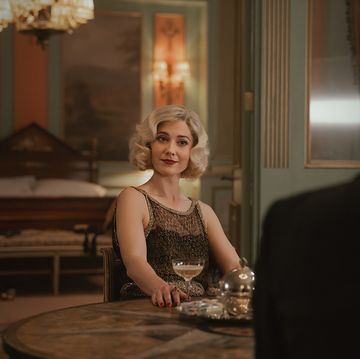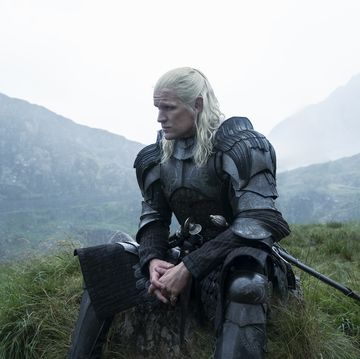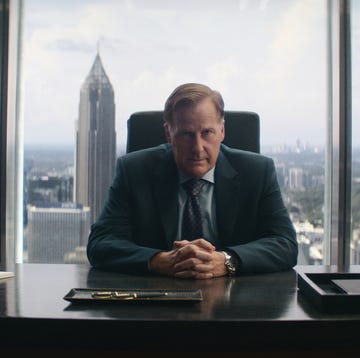Rian Johnson judges books by their covers.
"But more than the cover," he clarifies to Town & Country. "If a cover's intriguing to me, I'm a big fan of just opening to the first page. I feel like I can instantly tell, when I start reading something, if I'm grooving with it, just literally from the author's voice—not even from what it's about or the story. It's entering a conversation with someone and thinking, 'Okay, I'm going to like this person.' The first page of a book can give you that."
So can the first few lines of a script, as Johnson knows well. The writer and director has had a busy few months: Glass Onion, his second Benoit Blanc whodunit mystery starring Daniel Craig, dropped on Netflix to rave reviews, and Poker Face, a new case-of-the-week "howcatchem" show starring Natasha Lyonne, is currently airing on Peacock to a similarly positive reception. He just scored an Oscar nod for Best Adapted Screenplay, making him just the fourth writer in history to earn a nomination for both the first film and the sequel, and he's up for a trophy the same category at the 2023 Writer's Guild Awards.
As he gears up for a third Knives Out film, and hopefully another season of Poker Face, he's returning once more to his first love, mystery novels, for inspiration. "I've woven in and out of the genre," he says. "Recently, because I've realized that my lot is cast with murder mysteries for a while, I've been actively trying to expand my horizons in terms of the classic authors I might not be familiar with. I'm really trying to research it more and more."
So, during a recent trip to New York City to promote Poker Face, Johnson visited his favorite bookstore, The Mysterious Bookshop; he can't travel to the city without stopping by the mystery, crime, and espionage bookstore just off the corner of Warren and West Broadway in Tribeca. I met him there to browse, and talk all things Poker Face and Glass Onion.
"I've been sneaking in here for years and years and years, every time I'm in town," he tells me. "I don't think there's a single New York trip I've done where I haven't made a moment to come down and kind of browse and pick up too many books."
His love for the establishment began many years ago, when, while staying at a hotel in Tribeca, he discovered the shop as he was wandering around the neighborhood. Upon seeing the name, he felt compelled to go in. A good bookstore, Johnson says, is defined by the curation, which the Mysterious Bookshop excels at: the shop "is for and by mystery fans, and you can really feel it." Otto Penzler, founder of the Mysterious Press, opened The Mysterious Bookshop in 1979 in Hell's Kitchen, and moved downtown to its current location on Warren Street in 2005. It's now the oldest mystery specialist book store in America.
Johnson typically has a title in mind when he goes into a bookstore, but then he'll start wandering. "Books are a little bit like music," Johnson explains. "You got to cast your net into the ocean. You have to get out of your comfort zone once in a while, and sometimes you just have to go based on your gut feeling of a cover. And yeah, sometimes you got to roll the dice." He's friendly with the booksellers, including manager Ryan Lee Gilbert, and chats with them about what he's recently read, and asks for their recommendations. That day, Johnson was searching for a book by classic writer Dorothy L. Sayers, and Gilbert recommends he begin with Whose Body?, her first novel.
After our interview, Johnson's purchased included four classics, and one new novel that is a tribute to the classic golden-age whodunnit (all paperbacks—he rarely buys hardcovers if he can help it because of all his travel):
Two of the books he picked up are from Penzler's American Mystery Classics imprint, dedicated to reissuing classic American mystery fiction that have gone out of print. "He finds books that are maybe out of print or have been ignored and does these beautiful new editions of them," Johnson, who calls himself a "big fan" of the imprint, says. "I've discovered a lot of new authors through that." It's the display he immediately walked to when he entered, and both the AMC novels he picked up are locked-room mysteries—stories where it seems impossible for the murderer to enter the room, commit murder, and leave undetected.
It's clear throughout our morning at the bookshop that Johnson could stay and browse and chat mysteries for hours. The genre is undeniably what he loves, and what he'll continue working on for near future. When I asked if this makes him feel stuck, he replies, "I feel stuck like a kid is stuck in a candy store overnight. It's delightful, 'Oh, I'm staying here a little bit, I can settle in a little. I can nest a bit here.'"
Though his career began in 2005 with a mystery film, Brick starring Joseph Gordon-Levitt, he then detoured into the world of comedy and sci-fi thrillers (The Brothers Bloom, 2008; Looper, 2012; and Star Wars: The Last Jedi, 2017), before his critically acclaimed return to mystery with Knives Out in 2019—which resumed his solid focus on the genre he adores.
That's a fortunate career shift given the demand for mysteries right now, perhaps due to the genre's inherent cathartic endings, where everything is typically neatly wrapped up with a satisfying resolution. Though there's mayhem and murder, the audience has faith that it will be solved—and the villain will see justice. "There's an element of comfort," Johnson says. "The form itself is an inherently conservative form. Not politically conservative, but fundamentally conservative: The simplest form of chaos is created by a crime. The paternal detective comes in, finds the truth, and sets everything back right at the end of it by punishing the guilty. In a way, it's the most basic kind of 'break a thing and then restore it,' and everything's okay at the end of the day. There's something comforting about that."
Johnson points to the origins of the "cozy mystery" whodunit in the 1920s and 1930s, in the aftermath of World War I, and how "good it must have felt" for readers to retreat into that moral order. The genre, too, had another spike in the late 1960s and early 1970s, due to social and political upheaval. "The fact that it feels really good right now to have the moral certitude of, 'if you find the truth, then you can prove it, and everything will be okay in the end,'" Johnson says, drawing a direct comparison to the climate of 2023. "You can see why that feels good right now."
For Poker Face, his new "howcatchem" TV show on Peacock, the satisfaction is rooted in that exact sense of moral justice. Since the protagonist, Charlie Cale (Natasha Lyonne), is not in law enforcement, nor is she a private detective, every time she decides to solve a crime, she has to be drawn to it by some sense of righteousness. "Nobody can craft a beautiful mystery box like Rian can," Natasha Lyonne tells T&C. "This character we were coming up with just seemed so lived in and fun to get to play and unlike things I've done before."
Poker Face captures the comforting nature of the mystery genre. "It feels like your neighborhood bar," Johnson says. "It feels like walking into a space you're completely familiar with. To some extent, what you're going to get, but you're going to get in a slightly different, pleasing version of that every week. That's another thing that I wanted to absolutely embrace with this because I missed that." (The first five episodes are now streaming, and five more will be released in the upcoming weeks.)
He's very aware of the literary lineage he's tapping into in his recent projects. Working on the show, and writing the Benoit Blanc films, Johnson isn't afraid to embrace what came before him. While Poker Face looks more toward classic TV programs—Columbo is a big inspiration; Johnson binge-watched the show in the early pandemic, and the crime drama starring Peter Falk is what inspired him to pitch the show in the first place—Knives Out and Glass Onion are directly rooted in Agatha Christie's work.
Growing up, his parents always had Christie's novels on their bookshelf. They were the first "adult books" he read, and her detective Hercule Poirot was always his favorite. Around the same time, there were star-studded movie adaptions of Poirot mysteries that were formative for him, like Death on the Nile (1978) and Evil Under the Sun (1982). Benoit Blanc (Daniel Craig) is "very, very much in the mode of the Golden Age detectives," Johnson says. "He's very much modeled on the gentleman sleuth, so obviously Poirot, then obviously Miss Marple. I'm excited to dig into the Dorothy Sayers that [Mysterious Bookshop manager] Ryan recommended, because she has Lord Peter Wimsey, an erudite gentleman detective."
Beginning work on the third Benoit Blanc film, Johnson starts with the story—not the mystery. He knows tonally what he wants the setting to be, trope-wise what the method of murder is, and he "kind of" knows the main character, but who they are has yet to fully come into focus. "I start with the dramatic shape of who's the protagonist, who's the good guy, who's the bad guy: What is the actual dramatic engine that's going to carry an audience through?" Then he layers in the murder mystery and all the clues.
As he reads more and more of these books, and creates TV and movies in the genre, he finds himself leaning into mystery tropes—not away from them. "Once I started kind of diving into both whodunit and howcatchem mysteries, a big thing is not being afraid of tropes and not being afraid of embracing the ones that work," Johnson says. "The same way that just doing karaoke and repeating stuff is bad, you can equally get yourself into trouble by feeling like, 'We have to flip everything on its head, or subvert everything.' Knives Out and Glass Onion were ways of me just looking back at what I love about the form and trying to do it well; it's the same with Poker Face, and recognizing that some of those tropes are those pleasing grooves that you feel when you enter a space that feels warm and familiar to you, and embracing that."
Given that he's such an enthusiast of the genre, one day, Johnson could see himself becoming a mystery novelist, writing books that readers could find on the shelves of the Mysterious Bookshop. "Someday I would love to," he says. "But I feel like, right now, if I can get movies made, make hay while the sun shines."
Emily Burack (she/her) is the Senior News Editor for Town & Country, where she covers entertainment, culture, the royals, and a range of other subjects. Before joining T&C, she was the deputy managing editor at Hey Alma, a Jewish culture site. Follow her @emburack on Twitter and Instagram.

